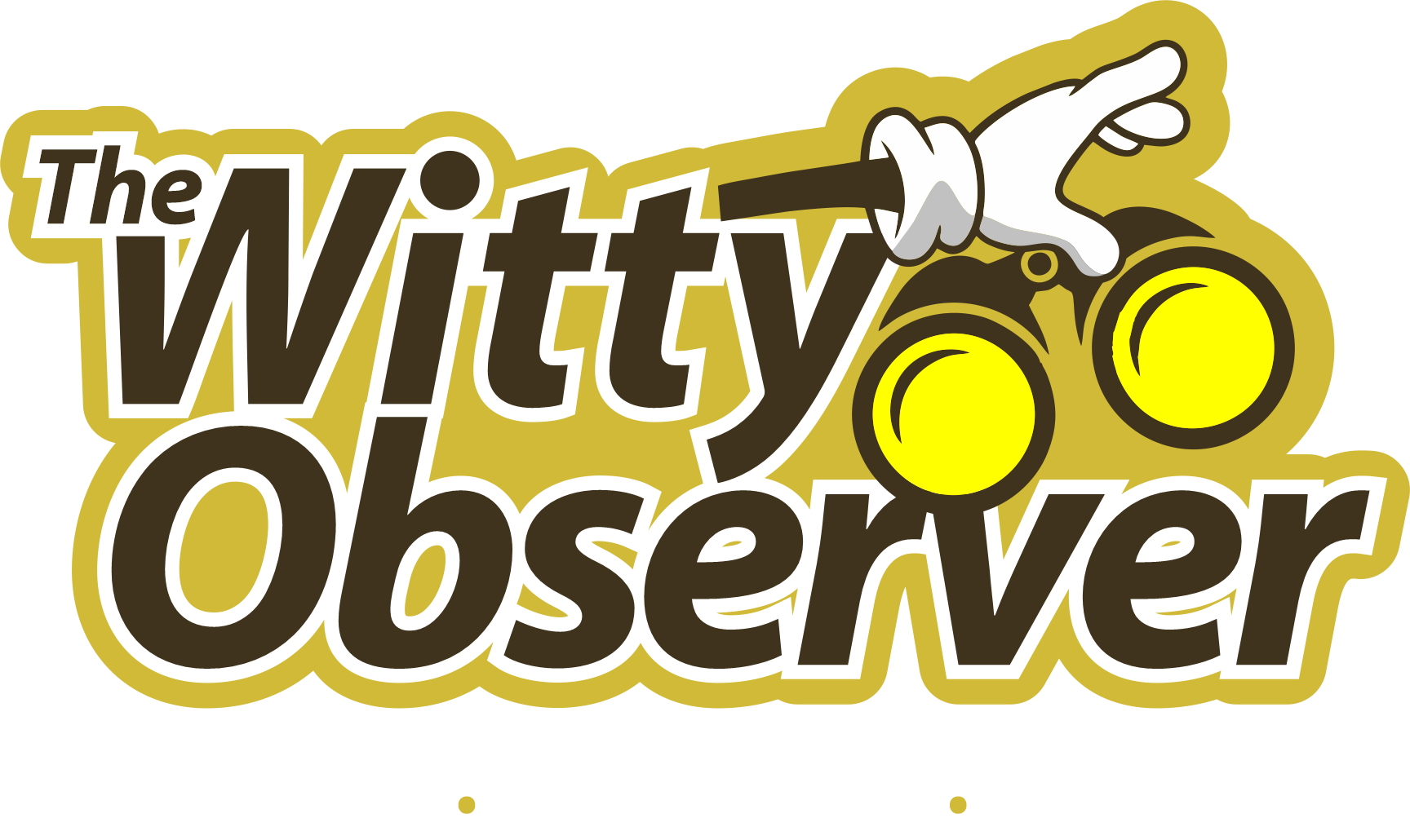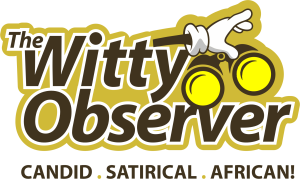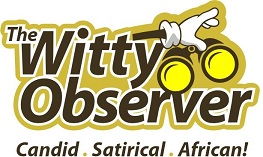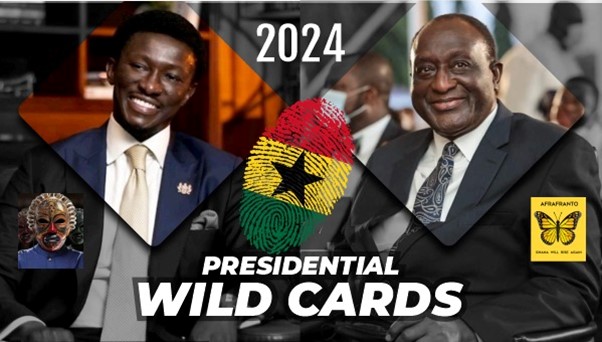Let’s be real – switching between NPP and NDC is like changing seats on the Titanic. Since 1992, we’ve been picking different captains for the same sinking ship. But 2024? That’s more than just another stop on this Kalabuley tour.
Again, Ghana’s political landscape offers more than a choice between the same two ineffective captains. The 2024 election introduces two bold challengers: an insider disillusioned by the system and an audacious outsider determined to rewrite the rules entirely.
We have an insider who has witnessed the magic tricks alongside an outsider who has infiltrated enough VIP parties to understand the game. They are not merely campaigning for office; they aim to overturn the table at which our Narcoqueens and Godfathers have indulged in Ghana’s future!
Let me explain what’s at stake: Our beloved Ghana is drowning in debt faster than a fisherman’s net in the Volta Lake. The 82.9% debt-to-GDP ratio isn’t just a number; it is a noose around our children’s necks. With inflation at 23.5% and youth unemployment at 19.7%, many of our graduates are becoming professional social media addicts!
Alan ‘Cash’ Kyeremanteng: The Establishment Rebel
A former NPP stalwart who served as Trade Minister, Alan Cash earned his nickname through tangible achievements:
• Foreign Direct Investment increased by 65% (2017-2019)
• Established 106 operational factories under 1D1F
• Created 150,000 direct jobs
• He secured $500 million in export contracts. Following three failed attempts to become the NPP’s leader, he now leads the Movement for Change.

Nana Kwame “Cheddar” Bediako: The billionaire disruptor
Drip, lit, fire! Nana Kwame Bediako embodies Super Duper Fly. Cheddar means money. Born on a Saturday like past Ashanti warriors, Nana Kwame Bediako carries the spiritual fire of his ancestors. He is audacious and exudes bravado. “Bɛdi” means to fight, while “Ako” means war. Bediako translates to “he who comes to fight” or “warrior.”
The billionaire disruptor: from selling scrap metal at Kantamanto to building an empire, Cheddar’s Kwarleyz Group has:
• Developed $350 million worth of real estate
• Created 5,000 direct/indirect jobs
• Built Ghana’s first sustainable city project
• Invested $100 million in youth entrepreneurship
Competing Visions for Ghana’s Future
Alan Cash’s Economic Revolution:
• $5 billion Traders’ Bank for market women
• 300,000 new jobs in the first two years
• 1,000 new factories by 2028
• Agricultural modernisation programme
Cheddar’s Modern Ghana:
• $10 billion infrastructure development
• New coastal city development
• A tech hub in every region
• Made-in-Ghana industrial policy
On a global scale, Cheddar’s bold vision aligns with the emergence of unconventional leaders such as Emmanuel Macron in France. These individuals have shaken up traditional party politics, similar to Donald Trump, who turned his success into a political platform. Like them, Cheddar’s attraction stems from his portrayal as a proactive individual with a demonstrable record beyond the political norm.
Alan and Cheddar are connecting with Ghana’s youth, comprising 57% of the population under 25 and 800,000 first-time voters. This demographic prioritises economic opportunities (72%) over party loyalty and demonstrates an increasing openness to candidates outside the usual party affiliations (65%). Alan emphasises job creation, while Cheddar champions technology-driven policies. These priorities align with Alan’s and create an exciting dynamic for the 2024 electoral landscape.
The People’s Billionaire
Some wealthy individuals build walls to exclude others; Cheddar builds bridges. His philanthropy focuses on changing lives, from providing roofs to supplying books, demonstrating that actions, not possessions, define wealth.
When Cheddar stepped into politics, he brought audacity. Listen to what this man is proposing:
- Cutting Ghana’s foreign dependency
- Building factories that turn “Made in Ghana” from a label into a legacy
- Creating jobs that would make our youth stop scanning visa lottery websites

Electoral Math
• Ashanti Region: 3.5 million registered voters
• Greater Accra: 3.8 million registered voters
• Alan’s strongest support is at 38% in Ashanti.
• Cheddar’s urban base is 42% among under-30 voters.
These figures demonstrate both Ghanaian trends and a global youth uprising. From Gen Z voters in the U.S. to young activists in Europe, young people around the world are frustrated with traditional politics. Ghana’s experience with independent candidates may offer valuable insights for democracies worldwide.
Political Newcomer’s Dance
Cheddar is facing challenges that test even seasoned politicians.
- Learning to speak the language of policy while keeping his street credibility
- Building a political machine from scratch without party machinery
- Navigating hot-button issues like the LGBTQ+ Bill without burning bridges
Some say he is too inexperienced. Others say he’s a Trojan Horse. However, remember that every political veteran was once a newcomer.
The Battleground: Ghana’s Electoral Chess Game
With 57% of Ghana’s population under 25 and 800,000 first-time voters:
• 65% favour candidates outside traditional parties
• 72% prioritise economic opportunities over party loyalty
• 58% believe Ghana needs radical change
The Electoral Map
• Ashanti Region (3.5 million voters): Alan enjoys a stronghold with 38% support but faces resistance from the NPP.
• Greater Accra (3.8 million voters): Cheddar’s urban fortress, boasting 42% among those under 30.
• Rural regions: Traditional party structures remain dominant.
Cheddar’s story reflects the challenges faced by political outsiders globally. From Andrew Yang’s effort to redirect the Democratic Party’s priorities in the U.S. to the actions of European green-party leaders advocating for climate-centric policies, these newcomers frequently encounter doubt and opposition. Nevertheless, their determination transforms political discourse, illustrating that every seasoned politician was once a newcomer and every outsider has ultimately challenged the existing order.
Chink in the Armour
Now, let’s address the elephant in the room. They will say our democracy isn’t ready for this kind of disruption. There is greater scrutiny on him than on any other politician regarding his true intentions and the source of his wealth. Critics claim that independent candidates can’t win in Ghana’s entrenched two-party system. They will tell you that Alan Cash is a bitter ex-NPP member, and Cheddar is a rich boy playing politics. Meanwhile, we do not question how many politicians start poor and become Narcoqueens and Godfathers after a mere four years.
But here’s the thing—wasn’t democracy disruptive to colonial rule? Wasn’t the Fourth Republic a disruption of military governance? Every significant change in history began with someone saying, “I can do it!”
Tiger’s Roar

Wake up, Ghana! This isn’t just another election—it’s a revolution in ballot form! While Mali, Burkina Faso, and Niger are allowing soldiers to write their future with gun barrels, we’re continuing to lead in Africa in how to revolutionise democracy with voting papers.
To our youth scrolling through social media, dreaming of visas to anywhere but here: Your moment of power is coming. Whether you choose Alan’s tested hands or Cheddar’s bold vision, you are not just voting for a president—you are voting for the Ghana you wish to see when you are old enough to have your children asking for school fees.
The issue isn’t whether Ghana will change but whether you are willing to participate. The once-familiar sounds of the old parties are becoming tiresome, and both main parties have disappointing track records in Ghana. New voices are emerging. Will you stay uninvolved, or will you join the democratic movement that has the potential to reshape Ghana and show Africa the opportunities that arise when the people choose to tell their own story?
Redefining Africa’s narrative: one audacious cut at a time.
Translation: Narcoqueens and Godfathers
Listen closely, global family – when I say “Narcoqueens and Godfathers,” I’m not talking about your Netflix cartel drama. Our African edition is far more sophisticated. Picture this: They enter Parliament quoting Kwame Nkrumah but exit through Swiss bank doors. They don’t need cocaine – they’re high on something more addictive: absolute power. While your politicians kiss babies, ours kiss IMF loans goodbye into private accounts. They wear democracy-like designer suits but run kingdoms like family businesses.
Their children study in London while our schools collect rainwater in buckets. El Chapo built tunnels to smuggle drugs? Please! Our Narcoqueens and Godfathers built entire systems to siphon billions, all perfectly legal because they write the laws- plot twist! They don’t need guns; they have civil servants. They don’t need drug mules; they have central banks. And unlike your average cartel boss hiding in the mountains, these architects of poverty live in mansions next to the poverty they architect.
Unlike typical cartel leaders who conceal themselves in remote areas, these impoverished architects reside in luxurious homes adjacent to the very lack they create. This issue transcends Ghana; it is a global crisis. From Russian oligarchs to Wall Street bankers during the 2008 financial meltdown and dynastic families in Asia and Africa, the narrative of unbridled power and exploitation echoes around the globe.




